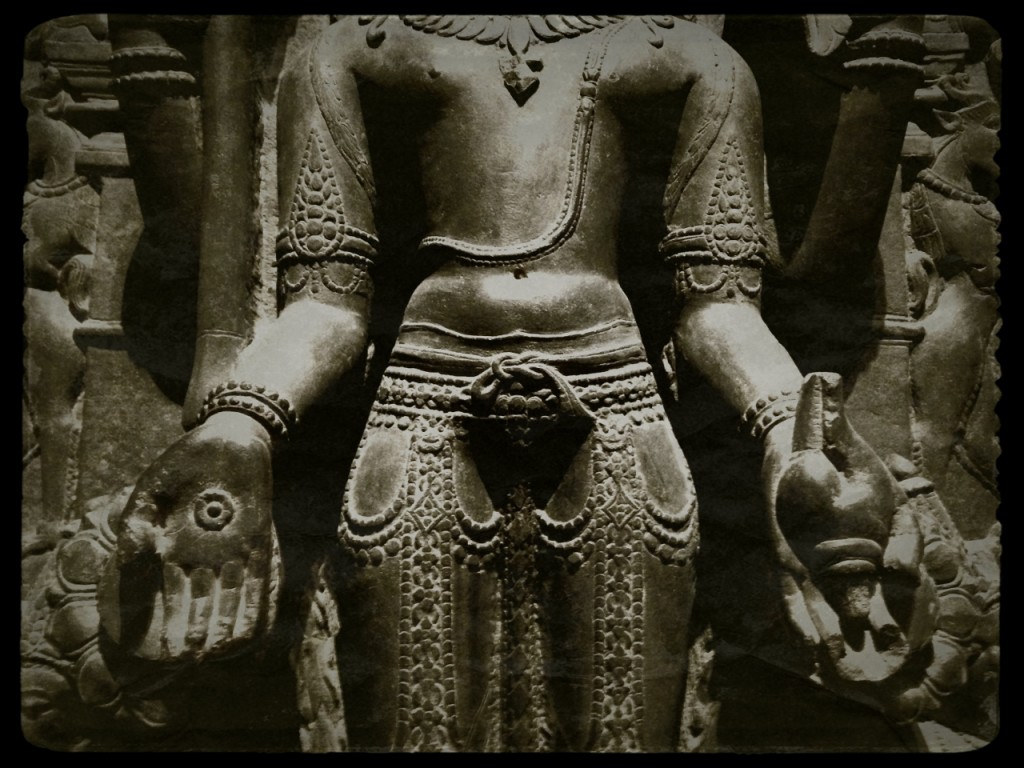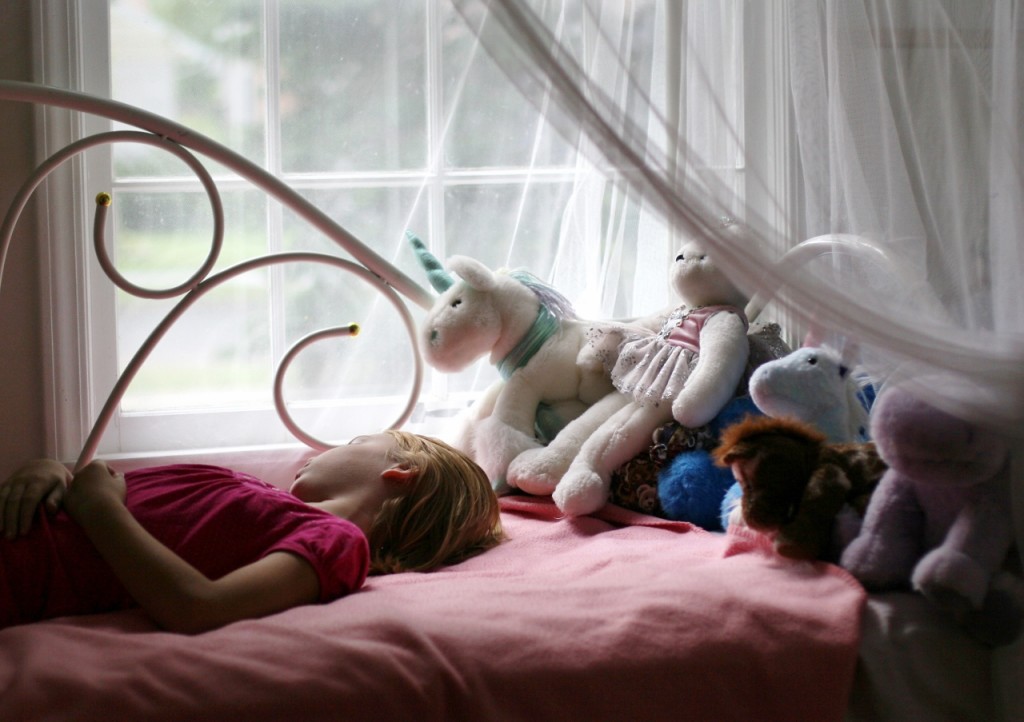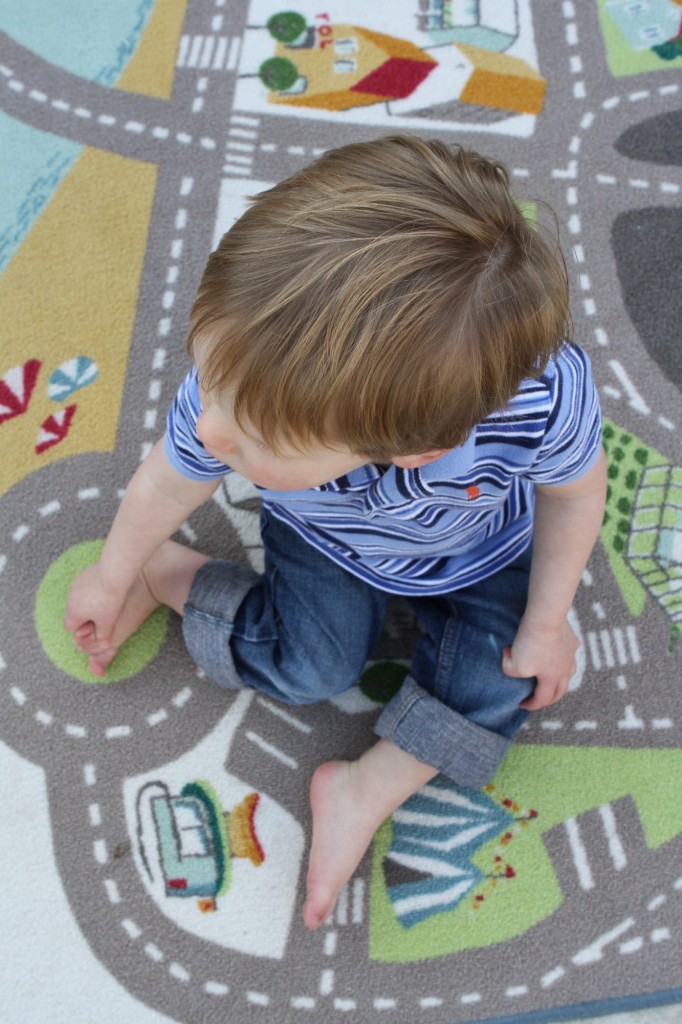
By Sakeenah El-Amin
Thirteen years ago, I gave away my eggs.
I sat at the table nervously clutching my purse, hoping I didn’t have lipstick on my teeth. And then I saw them. A handsome couple in their mid-forties. The husband, with strands of silver in his hair. Her, in a perfectly pressed blue blouse and manicured nails. Normal, I thought. But nothing is really normal about meeting the soon-to-be-parents of your egg.
They walked over to the table clasping hands—I stumbled a bit as I stood up. We hugged. She reached up, tucked a strand of loose her hair behind her ear, and sat down.
The next two hours turned into a peculiar exchange: a tender disclosure of precious information reserved usually for the most intimate of relationships. I learned that they had met later in life after two failed marriages. Soulmates, they called each other. And I believed them by the furtive glances they exchanged and the ease in which they unfolded their story. After years of searching for the right person, they were devastated to learn that they could not conceive a child together—a tangible expression of their love and commitment. They had tried for three years. There was nothing left.
And there I was, sitting across from them, fresh-faced from college, fertile, and in need of some cash. Making ends meet outside the gates of the ivory tower was not an intellectual exercise. I was sleeping on a bunk bed and barely earning minimum wage working a full-time job. My dream of going to law school was quickly slipping away. I wandered into the egg donation world on a whim—never expecting to meet two souls to whom I would connect so intensely.
The waitress leaned over and sat down a plate of pasta in front of me. I grinned at the thought of free food. I rattled off my personal stats: above average height, 3.43 GPA, Ivy-League degree, excellent health, no injures or prior hospitalizations, and a clean psychological evaluation. I was acutely aware that I was everything they wanted—not by anything I had done, but by sheer circumstance. I slid my baby photos across the table and saw his eyes linger on one. He picked it up and glanced over at his wife. “She looks like you did as a child,” he smiled.
They offered to give me time to think about my decision as they walked me to my car. But there was nothing for me that think about. This wasn’t some mediocre date spent listening to a man-child trying to impress me with his entry-level tech job. I wanted to be part of them in some way. My desire, perhaps, came from the little girl in me that yearned to have been born in such a stable and loving home.
“You can have my eggs, ” I said.
The wife, who had sat with her mouth pursed during our time, came close to me. Tears streamed down her face. “Thank you,” she whispered into my ear. I hugged them both, got into my Hyundai, and we went our separate ways.
I embarked on the egg preparation and retrieval process with the doggedness usually reserved for finding a closet to turn into a bedroom in NYC. I wasn’t giving my eggs to a faceless void —but to a couple who were in love—and my egg would be loved.
I have to be honest: The egg donation process isn’t for the faint of heart. I injected myself daily with hormones, visited the doctor twice a week to have a giant alien dildo shoved into me. I was poked, prodded, and stuck by nurses who often missed my veins and drew air. But after three weeks, I was ready and brimming with fresh follicles. I was so proud of my ovaries.
I enlisted my mother to care for me on the day of retrieval. “You’re selling my first grandchild,” she joked. But I felt no attachment to my eggs. I had spent twenty-three years trying not to get pregnant. Twenty-three years guarding my vagina like the United States Mint. Twenty-three years trying not to become a teenage mother like she had been.
I forced myself into the thin blue paper gown, shuffled onto the table, and opened my legs. The procedure was over before it even began. When I woke and dressed, the nurse handed me a gift bag. Inside was a hand written note from the couple, a lavender-scented Bath and Body gift set, and a check for $7,000. I read the note and cried.
You always wish that you had paid more attention to the list of “201 things that could go wrong” when of course, shit goes wrong. A week after the retrieval, I woke with a swollen stomach and could barely breathe. “Oh no, they got the wrong one pregnant!” I laughed.
I wasn’t pregnant, but I did have number three on the “201 things that could go wrong list” list: Ovarian hyper-stimulation syndrome. An excess of hormone had flooded my system, causing my abdominal cavity to swell. Luckily, it resolved on its own with rest and lots of fluids. And even though it was scary and uncomfortable, I did not regret my decision.
I went to law school with the money they gave me. Our contract stipulated no contact after the egg retrieval, and I never heard from them again.
Time has passed with fierceness. After a career change and with the feeling of my own mortality creeping in the back room, I think back to our brief interlude. I am thirty-five years old now and childfree. My once fertile, blushing and bouncing eggs are committing suicide, jumping off the shelf one by one. Apoptosis they call it—spontaneous cell death. I guess I should be in a panic about the cliff-like decline in my fertility, but I am not. I do have a sudden aversion to omelets, though.
At twenty-three, I didn’t realize that my life would involve no children of my own. I naturally thought that I would marry, have 2.5 gluten-free kids, a modern husband, and live in an overpriced commuter condominium. But that’s not my reality. I’ve had a colorful and interesting life, stockpiling degrees like weapons, moving across the country, falling in and out love, and coming closer to my dream job. I’ve lived big and without restraint on purpose.
Dinner with most of my high school and college friends usually involves booster seats and sliced finger foods. “Don’t you want to experience unconditional love?” they chide. “Life is so much more meaningful with kids.”
I smile, each time, politely. (And then I want to hurl a chicken nugget across the table.) I appreciate their concern for my well-being and happiness. However, they know, and I know, that there are privileges I have as a child-free adult that they don’t. It’s an even trade.
I was never prepared to give birth to a child. My life was always coming together and falling apart in sweeping change. And for this very reason, I am eternally thankful for the opportunity I’ve had to play a part in bringing life into this world without possessing it. I could have never realized how meaningful the decision I made thirteen years ago would become. How three strangers with different needs could come together for a brief moment, change the course of each others’ lives, and never meet again.
I’ve read the note they left for me from time to time. And now, more than ever, after the passing of my mother. Sometimes I think about my egg, now a pre-teenager, and I wonder what (s)he has become. I wonder if (s)he is living their life with the certainty that (s)he can be their truest self and be accepted. I wonder if (s)he feels expansive. I wonder if (s)he is good and kind. I wonder if (s)he is as thankful his or her life as I am for it now.
•••
SAKEENAH EL-AMIN is a passionate social justice advocate. She manages a law education program for young adults in the juvenile justice system and is in the process of starting a progressive, social-justice oriented school for low-income girls of color. This is her first published piece.

 Follow
Follow

